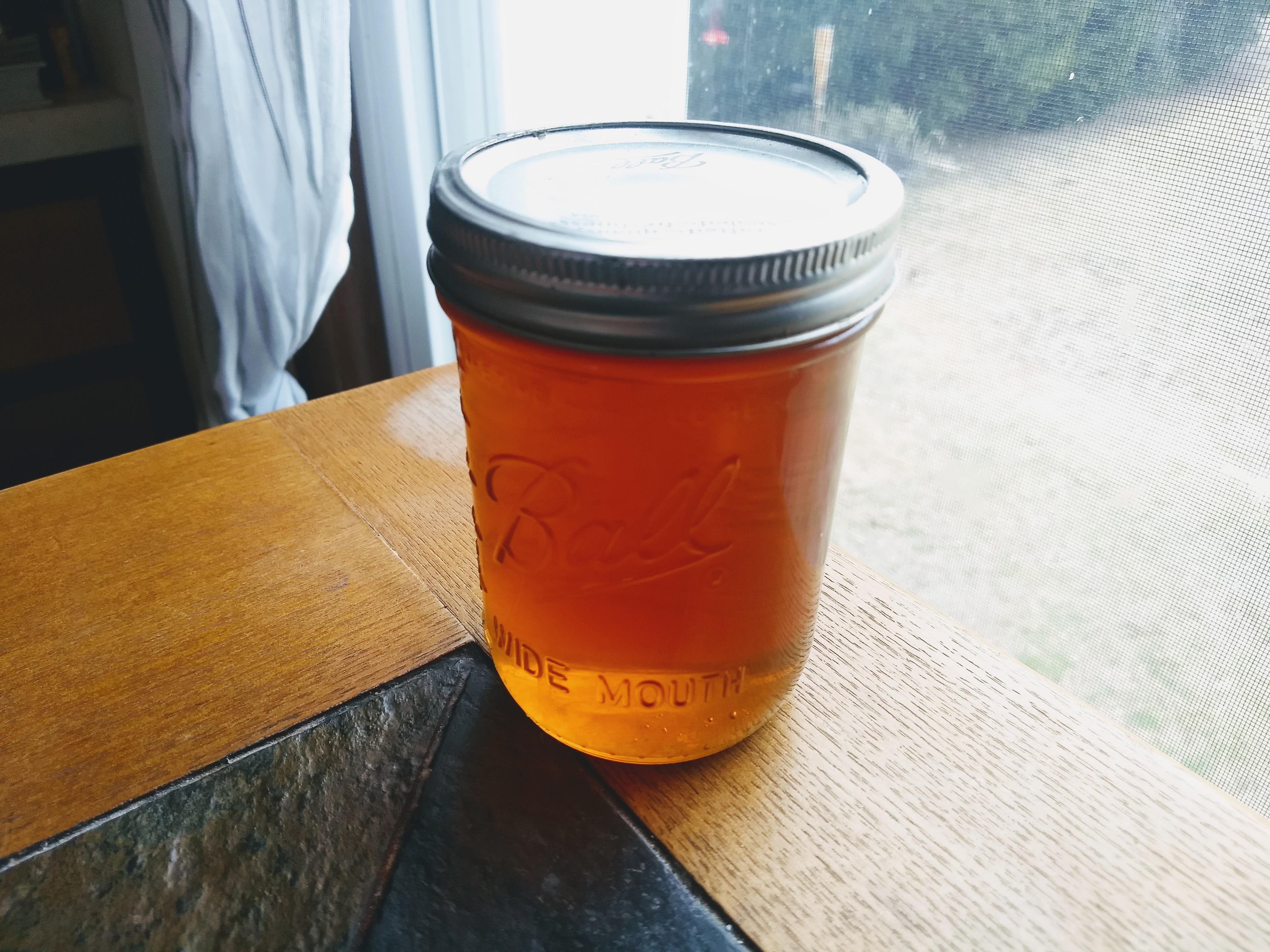UMass Honey Testing Project
UMass Honey Testing Project
Beekeepers in Massachusetts care about producing safe high-quality honey. When bees forage, they encounter environmental contaminants such as pesticides, which they bring back to the hive. Understanding how these pesticides are stored in the hive would provide Massachusetts beekeepers with information they could use to better safeguard their honey and improve the health of their bees. Thankfully, past research suggests that pesticides accumulate in wax and pollen, not honey.
As part of a grant from the Massachusetts Department of Agricultural Resources (MDAR), we will be testing honey from backyard beekeepers around Massachusetts for pesticide residues, and comparing it to pesticide levels found in generic commercial honey from outside the state. This project builds on a previous study, in which we measured pesticide residues in pollen and wax from Massachusetts backyard beekeepers (you can read more about those results here). The goal of this project is to get a more complete picture of the pesticides that our bees are exposed to, and to understand how those pesticides may be stored in the hive. We are also interested in the relationship between land use and pesticide residues. Based on previous research and known pesticide chemistry, we expect to find extremely low levels of pesticides in Massachusetts honey, on par with or better than other foods. We expect our results will give MA beekeepers greater confidence selling and sharing honey and will allow us to compare local honey to generic national and international products. This research will also increase our understanding of how environmental contaminants move through honey bee hives and improve our ability to protect bee health.
If you have any questions, please email extension educator Hannah Whitehead at hwhitehead@umass.edu.

